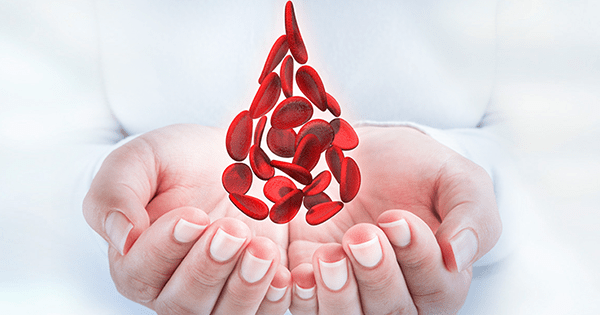What kind of a connection is there between anemia and anesthesia? Blood cells have the responsibility of carrying the oxygen we inhale to all of our organs. Therefore, elements and vitamins such as iron, B12 vitamin and folic acid are vital. Their deficiency which occurs later on is expressed as anemia and is commonly seen in many fertile women when the loss cannot be fully compensated with the intake. Elderly people and children can also have low blood values in normal limits which is physiological. Most of these cases can be improved with iron intake and a healthy diet.
It is usually determined with a low laboratory value which shows the iron deposits called ferritin in blood deposits. Anemia can also occur in relation to a genetic factor or as secondary to an illness. However, when complaints of anemia are clinically formed, both your daily and anesthesia process becomes more problematic. Most of these complaints consist of fast heart beats due to not being able to use oxygen in your body and your heart working too much, high blood pressure, having a headache, getting tired easily, being breathless, paling of the skin and feeling cold. For all these to be interpreted and for you to be guided accurately, your anesthetist will be there. In such cases, your anesthetist will guide you in terms of result oriented solutions and treatments to understand the reasons for short and long term anemia depending on the reason and urgency of your surgery. The healthiest way for patients to do this with a multidisciplinary approach is to cooperate with the hematology unit.
Your blood values are evaluated in your scan tests. If you or someone in your family has an unknown factor deficiency which can increase bleeding or create blood clotting, these tests and your medical history will give information to your doctors before surgery. If you have a history where you got bruised easily, the bleeding did not stop or bleeding took place after a surgery you have had, this issue becomes even more important. Your anesthetist will guide you as necessary and keeps you safe. Let your guide always be your doctor.
